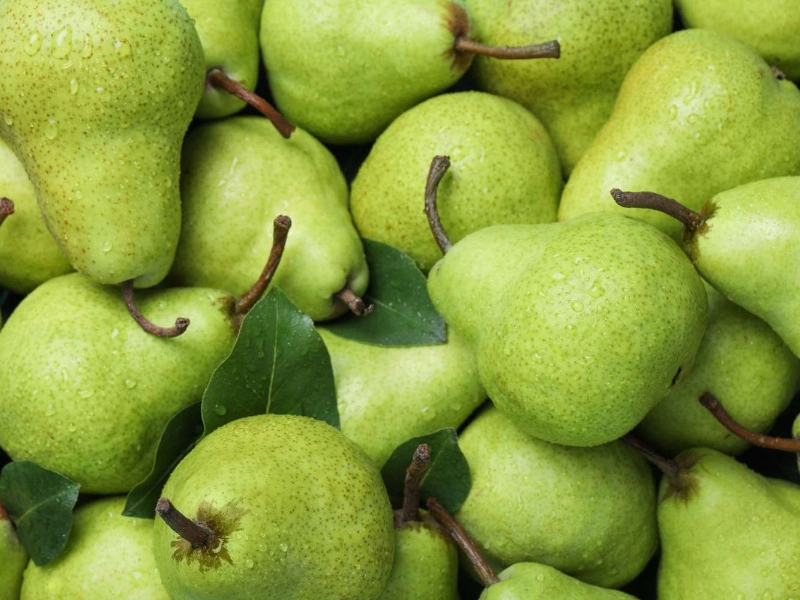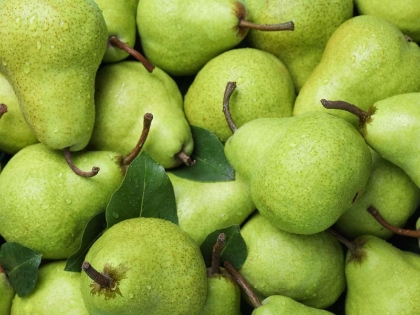For their health advantages and nouraging qualities, pears have long been honoured in Traditional Chinese Medicine (TCM). The importance of pears in TCM, how they support wellness, and their applicability in contemporary health practices are discussed in this paper. Knowing this ancient knowledge will help us to include pears into our modern lives for improved wellness.
1. The Nutritional Value of Pears

Apart from being a wonderful and adaptable fruit, pears are a nutritious powerhouse with many advantages for your health. Pears' great dietary fibre count is one of their most outstanding qualities. Maintaining a healthy digestive system depends on the fibre found in a medium-sized pear, which counts roughly 5 to 6 grammes. By adding weight to the stool, dietary fibre is quite important in encouraging regular bowel movements and in avoiding constipation. Those who could have irregularity or digestive problems really need this. Including pears in one's diet can help one to have a filling snack that promotes gut health generally and aids in digestion.
Apart from their fibre count, pears are quite low in calories, so they are a great option for anyone trying to control their weight. With just about 100 calories per medium pear, they offer a guilt-free way to fulfil sweet cravings free from added sugars and bad fats present in many processed foods. Pears also abound in vitamins, especially vitamin C, which is essential for immune system support and skin enhancement. Strong antioxidant vitamin C helps shield body cells from free radical damage, therefore lowering the risk of chronic diseases including cancer and heart disease.
Pears also provide a large supply of potassium, a vital mineral supporting cardiovascular health and helping to control blood pressure. Maintaining good cardiac function depends on enough potassium since it balances body sodium levels and stimulates appropriate muscular activity. Pears are a great supplement to a balanced diet because of their mineral, vitamin, and fibre content.
Pears also have a range of antioxidants that help to explain their anti-inflammatory effects; these include phenolic acids and flavonoids. Many medical disorders, including obesity, diabetes, and autoimmune diseases, are connected to chronic inflammation. Including pears in the diet will help people support general health and help to lower systemic inflammation. Pears' antioxidants cooperate to fight oxidative stress and so improve their health advantages even more.
Pears' adaptability lets one appreciate them in several ways. Raw, they can be included to salads, prepared in savoury cuisine, eaten in desserts and smoothies. Their natural sweetness gives both taste and nutrients, hence they are a perfect component for many kinds of cuisines. Knowing the nutritional worth of pears helps people to value their part in enhancing health and choosing better food. Including pears in regular meals allows one to enjoy their great taste and gain from their several health advantages.
Advertisement










